Thousands of Sudanese protesters want military out, demand civilian rule
Huge crowds of people have marched in different parts of the Sudanese capital and other cities in demonstrations to reject military rule as the ongoing political turmoil deepens across the African country.
Tens of thousands of supporters of Sudan's transition to a civilian-led democracy on Thursday joined the march across Sudan, including Khartoum and its twin city of Khartoum Bahri, Omdurman, Port Sudan in the east, and Atbara to the north.
Many businesses in central Khartoum were closed in anticipation of the protest and there was an extensive police presence around flash points.
Plumes of smoke could be seen across the city as protesters burned tires and waved Sudanese flags.
Several government ministers and officials were seen marching in different parts of Khartoum.
"October 21 is a lesson for any tyrants, loyalists, or opportunists deluded into thinking they can turn back the hands of time," wrote Sovereign Council member Siddig Tawer, one of several civilian officials who endorsed the protests.
In the city of Omdurman, protesters were met with heavy tear gas to prevent them from crossing a bridge leading to central Khartoum.
Banners proclaimed "Civilian (rule) is the people's choice", while the marchers chanted slogans against the military.
"Give up power, (Abdel Fattah) al-Burhan," they chanted in reference to the general who chairs the Sovereign Council, the so-called joint civilian-military body overseeing the transitional administration.
Many chants were critical of al-Burhan, accusing him of being loyal to former ousted regime of Omar al-Bashir. Some demanded he hand over leadership to civilians and others demanded his removal.
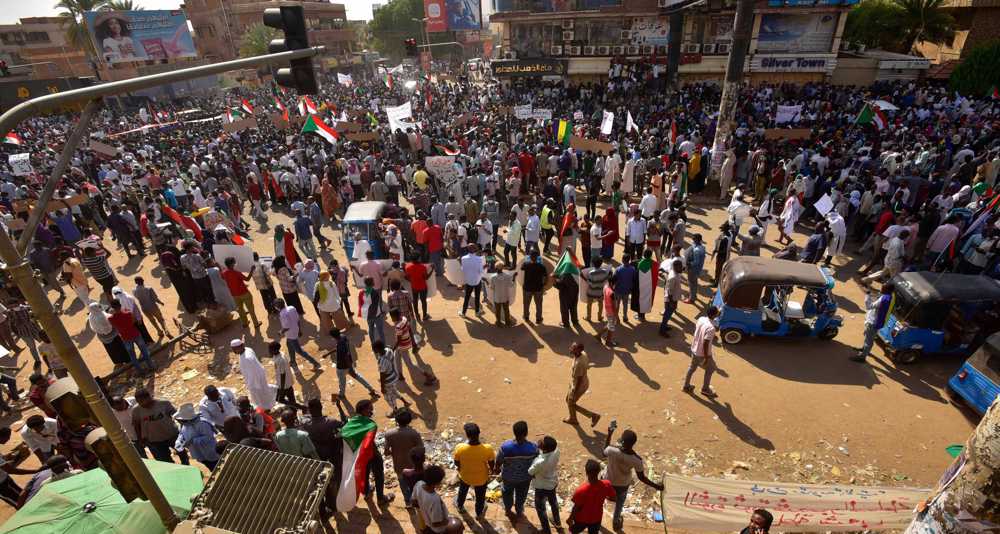
Thursday's protest was preceded by days of smaller neighborhood protests. Journalists and witnesses estimated the number of participants to be in the hundreds of thousands, making it the biggest demonstration of the transition.
The African country is currently ruled by a transitional government that was installed in the aftermath of the ouster of president al-Bashir in a palace coup two years ago. The military has shared power with civilians in a transitional authority since the removal of al-Bashir in 2019 in a popular uprising after three decades in power.
Protesters say they were protesting the entire power-sharing agreement and demanded sole civilian rule.
The military says it is committed to the transition to democracy and elections at the end of 2023. Civilian leaders say the military aims to install a government it can control.
Anti-military sentiments have risen across Sudan over the past few months.
On September 30, thousands of Sudanese rallied in Khartoum against the military rulers. They demanded the formation of new transitional authorities that would exclusively consist of civilians. The angry protesters then chanted anti-junta slogans such as “the army is Sudan’s army, not Burhan’s army.”
Commenting on the political turmoil across Sudan, Abdel Bari Atwan, editor-in-chief of London-based Rai al-Youm, wrote in an analysis on September 23 that the situation across Sudan keeps worsening since Sudan surrendered its weapons to the US-led camp in the last days of Bashir's rule, and its misfortunes escalated with the Sudanese junta "flirting" with the Zionist regime.
Last year, under pressure from the US, Sudan joined the United Arab Emirates and Bahrain in agreeing to normalize ties with Israel.Tel Aviv has been especially thankful to the United States for pushing the UAE, Bahrain, Morocco, and Sudan, to normalize ties.
VIDEO | Yemenis praise the military for its successful operations against Israel
VIDEO | Israel continues to bomb Gaza homes
VIDEO | An insider's view of the country: Meybod City in Yazd
‘All wars have rules. All of those rules have been broken’ by Israel
VIDEO | Report flags India’s violation of rights of Rohingya detainees
Turkey's foreign minister meets Syria's de facto leader in Damascus
VIDEO | US Syria plots
'Next to impossible' to rescue patients from Gaza's Kamal Adwan Hospital: Director


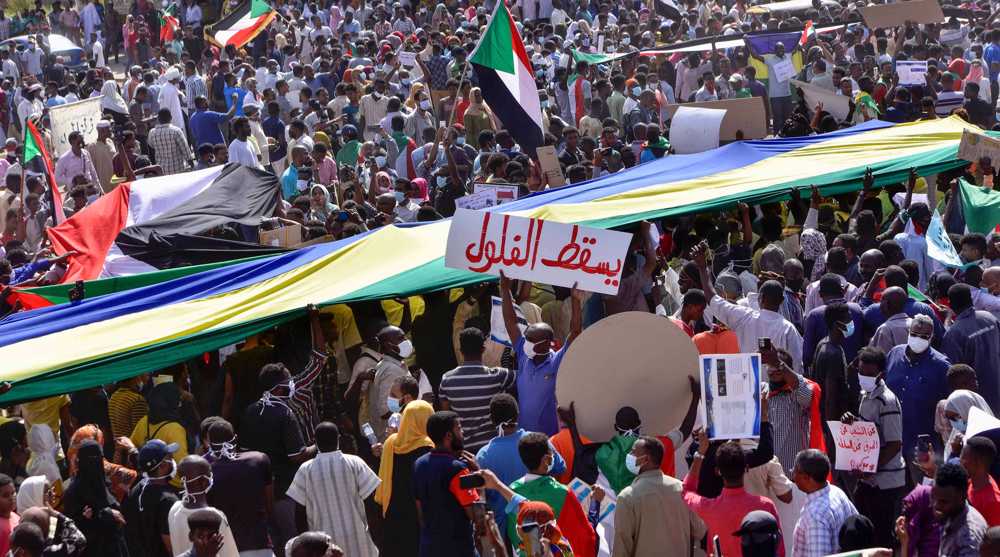
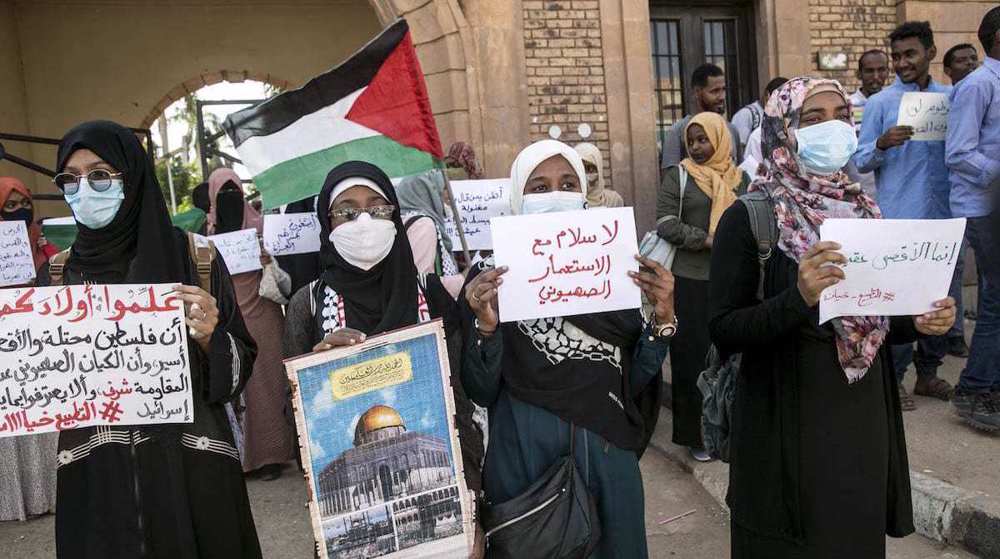

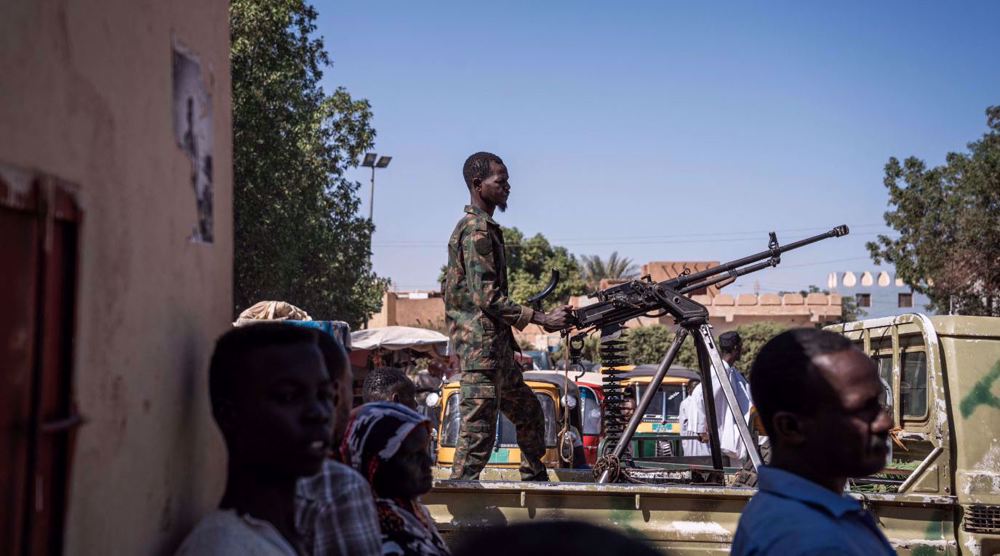
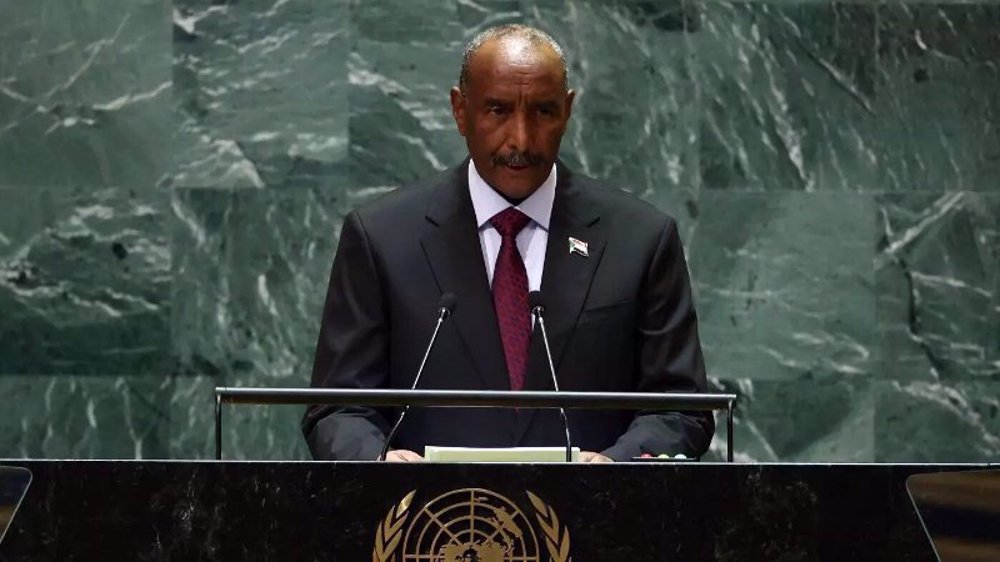



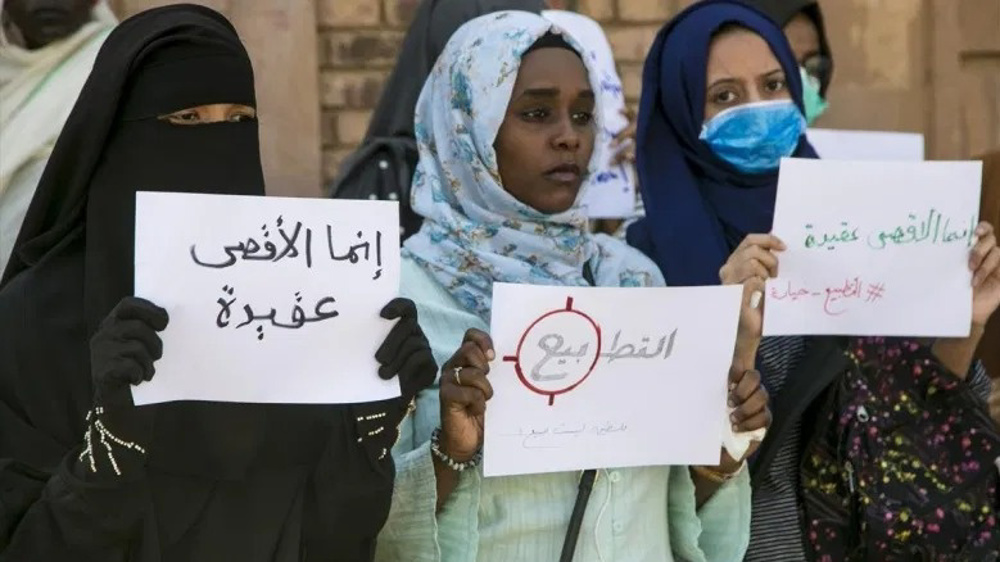
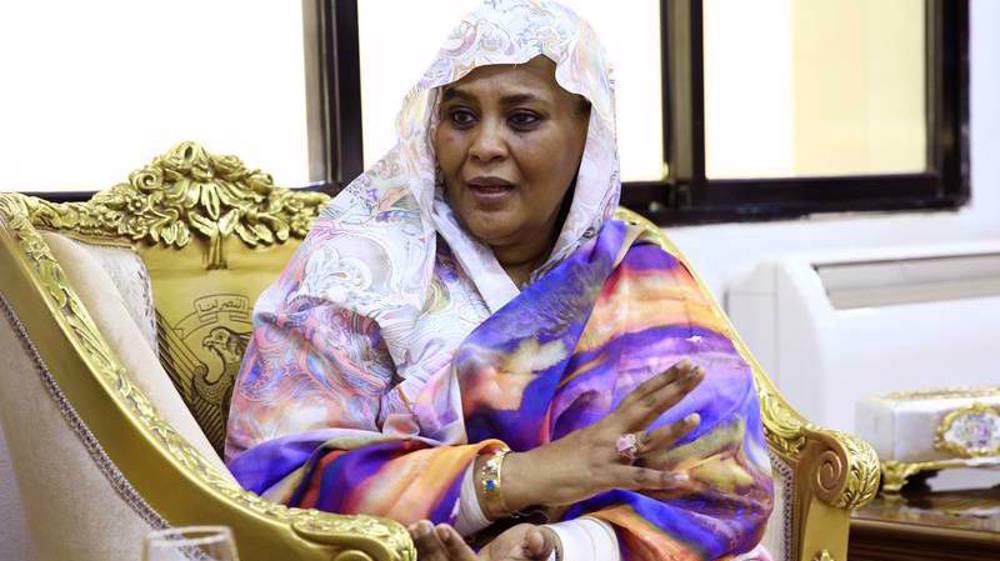
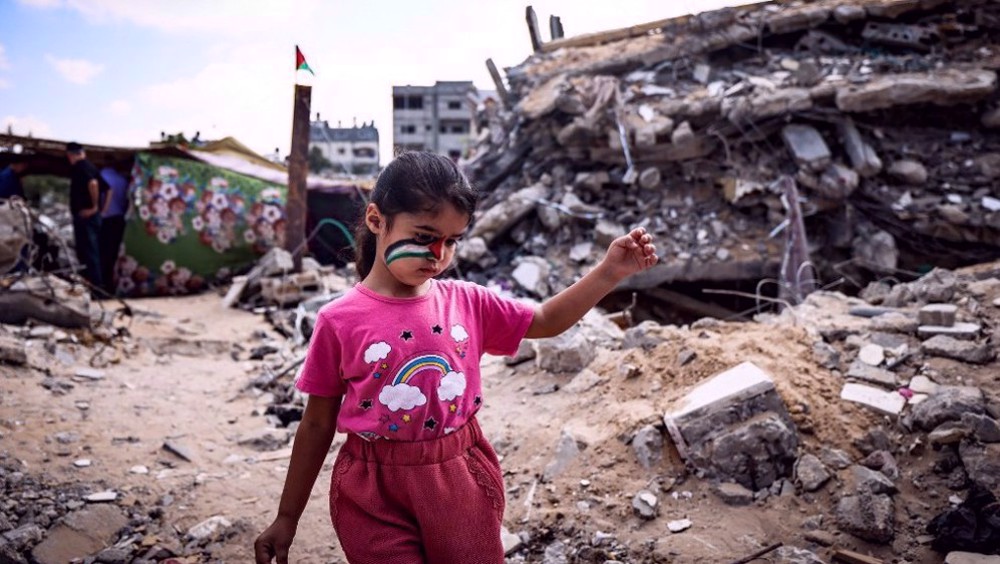
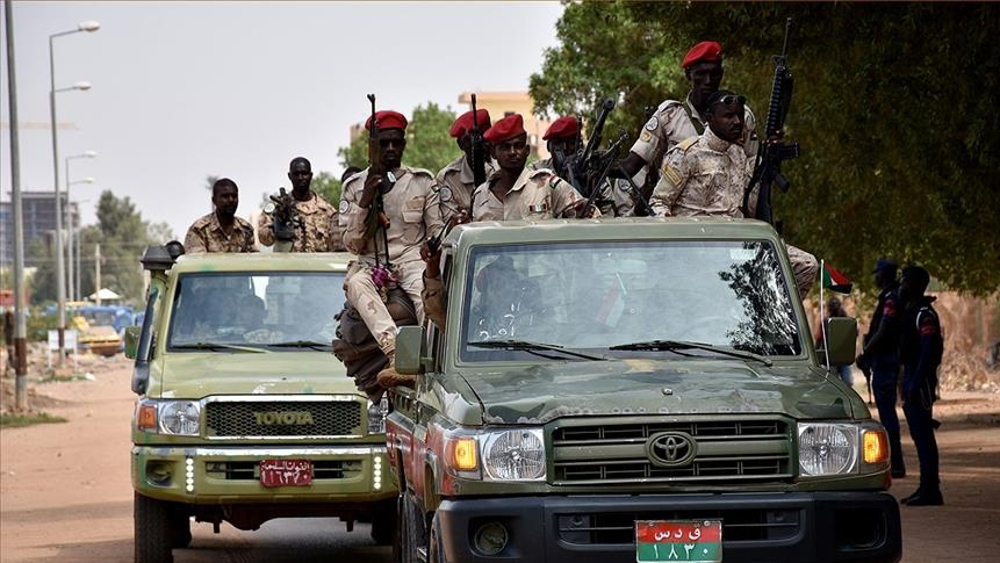
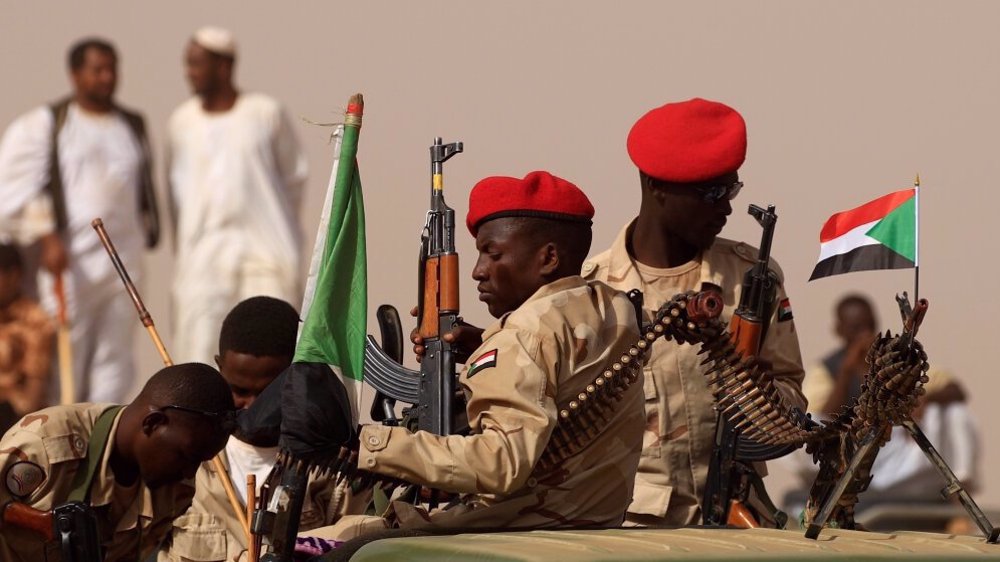
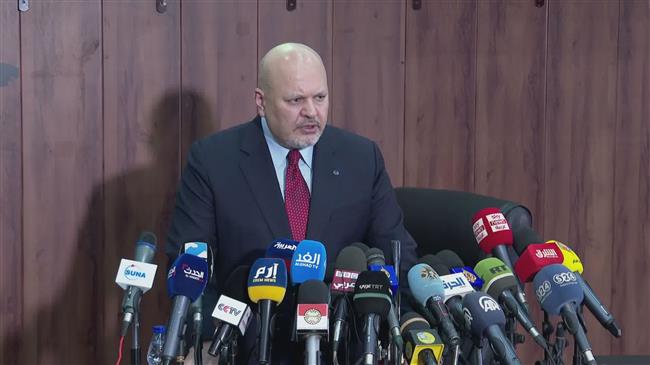
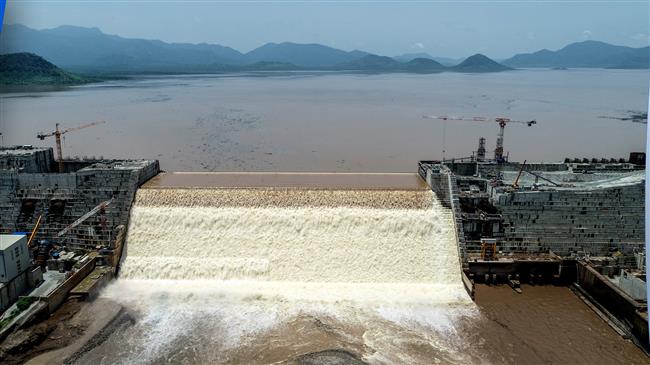
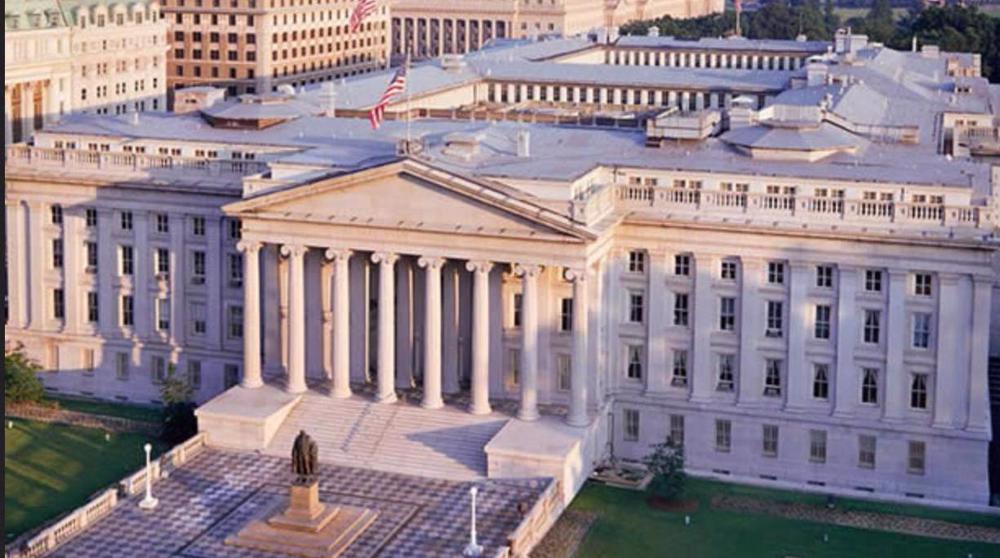

 This makes it easy to access the Press TV website
This makes it easy to access the Press TV website